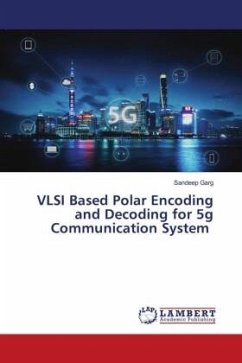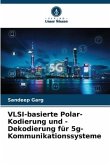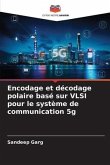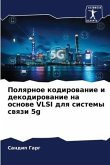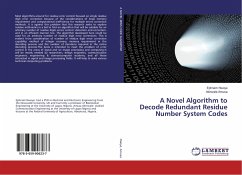Polar Codes is emerging as a new channel coding technique, that can be commonly applied for next-generation wireless communication systems. In information theory, a polar code is a linear block error-correcting code. 5G is designed for high reliability and low latency massive data interaction scenarios. Compared with 4G mobile communication, it puts forward higher requirements for channel decoding. The VLSI encoding and decoding techniques are currently used in many digital signal processing applications. Most of the research is going towards the enhancement of the encoding and decoding techniques to meet the requirement of the 5G Systems. The artificial intelligence-based applications work under the 5G constraints. Polar code is one of the most emerging encoding and decoding approaches that can be used in FPGA-based AI-IOT applications due to their low encoding and decoding complexity. This book presents Area analysis and Low-latency check of polar encoding and decoding techniques for 5G systems using Xilinx software.
Bitte wählen Sie Ihr Anliegen aus.
Rechnungen
Retourenschein anfordern
Bestellstatus
Storno

